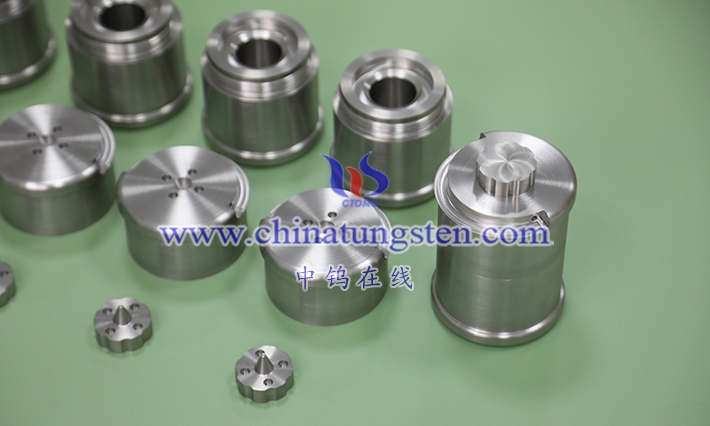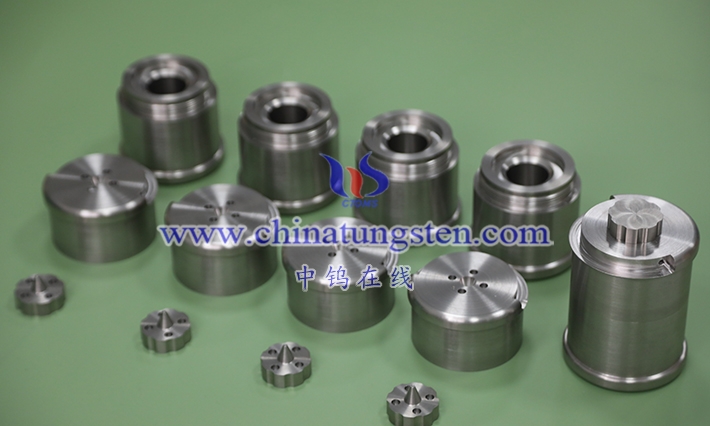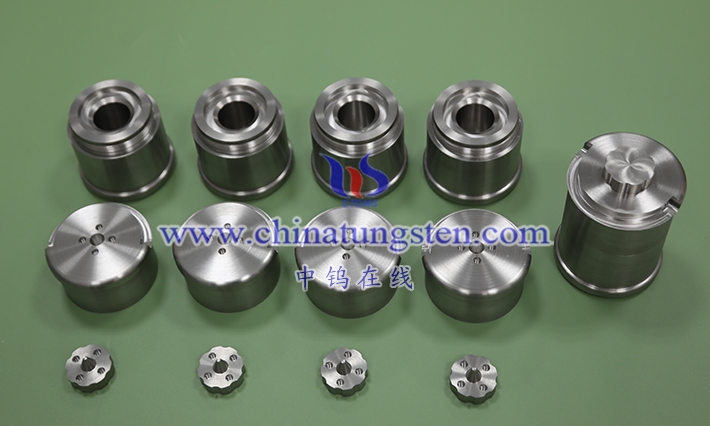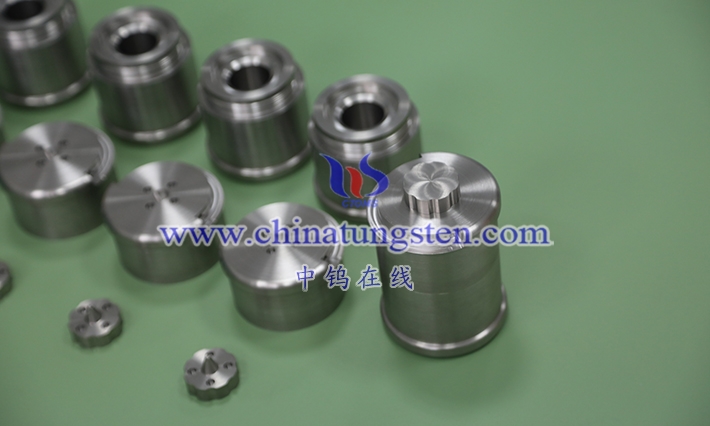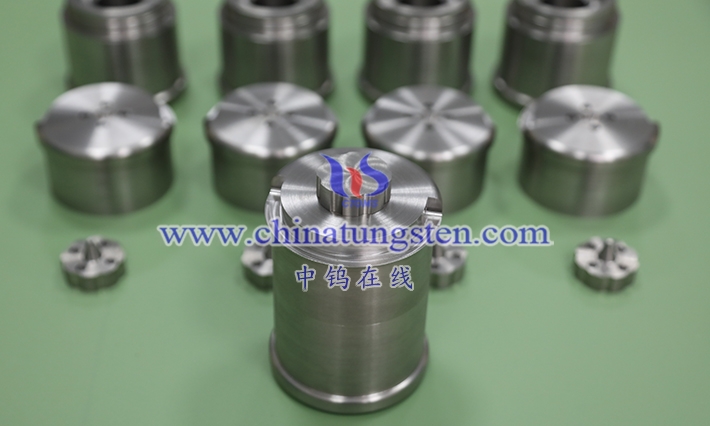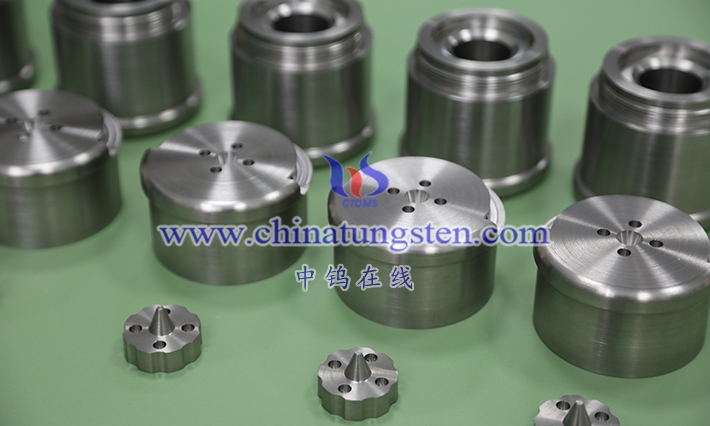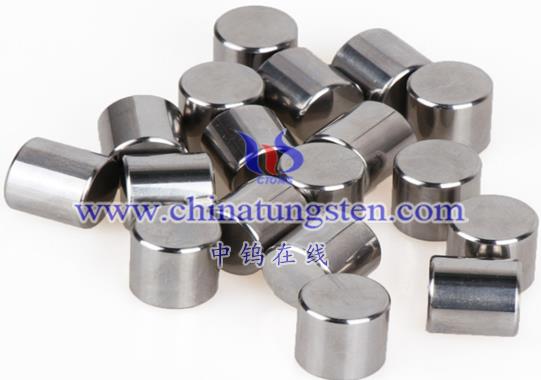
The corrosion resistance of high-density alloys can be evaluated by a variety of methods. Here are some commonly used evaluation methods:
- Salt spray test: Salt spray test is a commonly used method to evaluate the corrosion resistance of high-density alloys. By placing high-density alloys in a salt spray environment, marine atmospheric conditions are simulated, allowing them to withstand the test of spray corrosion. Evaluate the corrosion resistance of high-density alloys in salt spray environments, including rust, corrosion rate and other indicators.
- Damp heat test: Damp heat test is a test method that simulates the corrosion resistance of high-density alloys in humid and high-temperature environments. The corrosion resistance of high-density alloys is evaluated by placing them in high-temperature, high-humidity environments to simulate climate conditions in tropical or subtropical areas.
- Corrosion test: Corrosion test is a commonly used method to evaluate the corrosion resistance of high-density alloys. By placing high-density alloys in specific corrosive media and simulating various corrosive environments, such as acidity, alkalinity, oxidation, etc., the corrosion resistance of high-density alloys is evaluated.
- Electrochemical testing: Electrochemical testing is a commonly used method to evaluate the corrosion resistance of high-density alloys. The corrosion resistance of high-density alloys is evaluated by measuring the electrochemical properties of high-density alloys in corrosive media, such as open circuit potential, polarization curves, etc.
- Metallographic analysis: Metallographic analysis is a method to evaluate the corrosion resistance of high-density alloys by observing changes in their microstructure. Use a metallographic microscope to observe the structural changes of high-density alloys in corrosive media, such as grain boundary corrosion and precipitation, to evaluate the corrosion resistance of high-density alloys.
When evaluating the corrosion resistance of high-density alloys, the following factors need to be considered:
- Corrosive media: Different corrosive media have different effects on the corrosion behavior of high-density alloys. For example, acidic media may cause pitting corrosion and general corrosion, while alkaline media may cause intergranular corrosion and stress corrosion cracking.
- Temperature: Temperature also has an important impact on the corrosion resistance of high-density alloys. At high temperatures, a material’s corrosion resistance generally decreases; at low temperatures, its corrosion resistance may increase.
- Strain rate: Strain rate also affects the corrosion resistance of high-density alloys. At low strain rates, the material has more time to respond to loading and may therefore exhibit better corrosion resistance; whereas at high strain rates, the material’s time response capability decreases and may therefore exhibit poorer corrosion resistance. Corrosion properties.
- Microstructure: The microstructure of high-density alloys also affects its corrosion resistance. For example, grain boundary structure, phase transformation, etc. may affect its corrosion resistance in specific environments.
- Surface treatment: Surface treatment can change the surface state and properties of high-density alloys, thereby affecting its corrosion resistance. For example, surface coatings, plating, etc. can provide a protective layer and reduce the risk of materials being corroded by corrosive media.
In summary, evaluating the corrosion resistance of high-density alloys requires comprehensive consideration of multiple factors, including corrosive media, temperature, strain rate, microstructure, and surface treatment. Only by fully considering these factors and taking corresponding measures to optimize their performance and durability can we obtain high-density alloy materials with good corrosion resistance.
More details of tungsten alloy product, please visit website: http://tungsten-alloy.com/
Please contact CHINATUNGSTEN for inquiry and order of tungsten carbide:
Email: sales@chinatungsten.com
Tel.: 86 592 5129595
